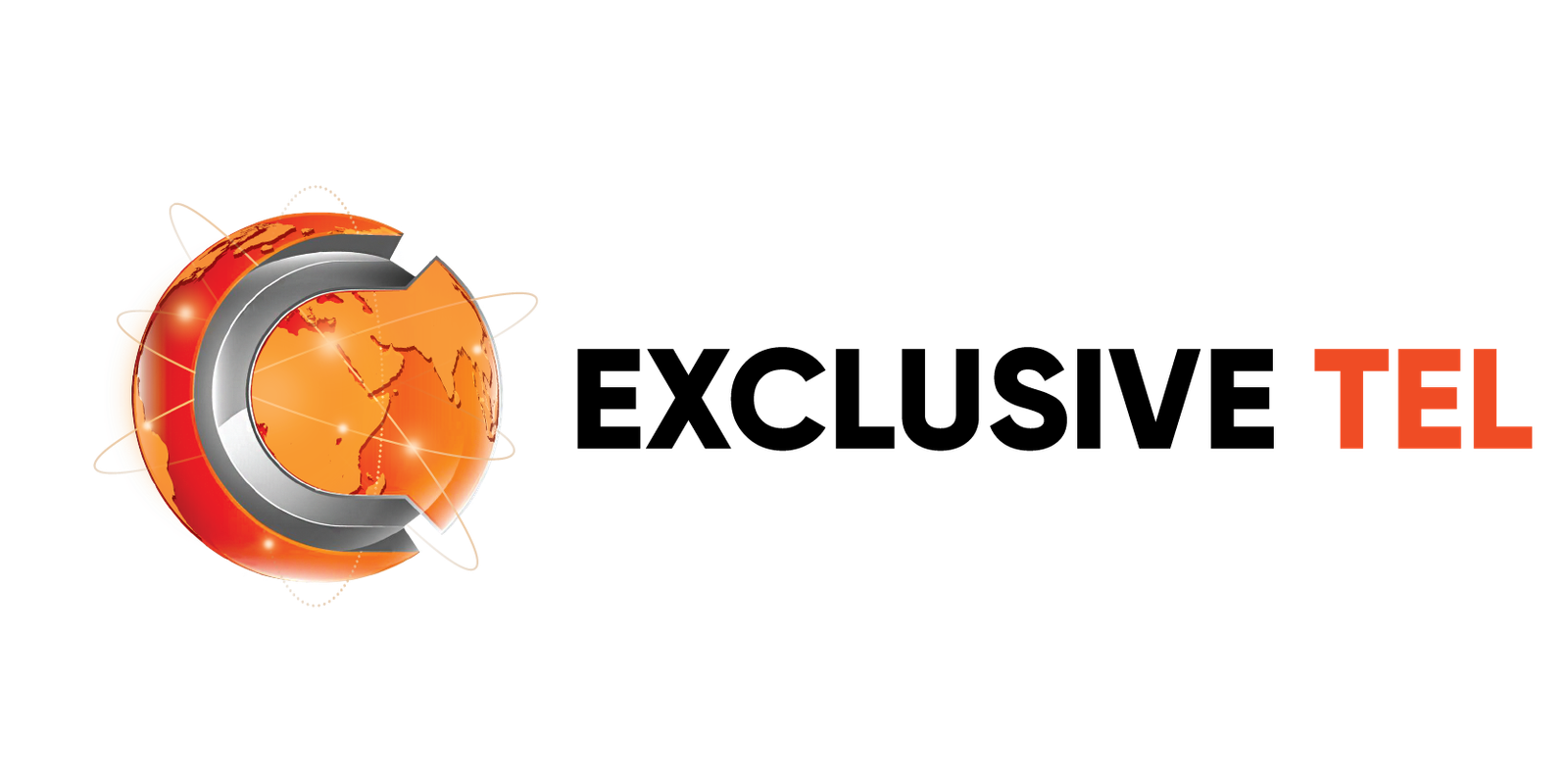From enhancing public transport to streamlining airport operations, modern technologies are revolutionising various aspects of mobility. Incredible technological advancements have revolutionised our approach to mobility, allowing us to better understand passengers’ needs and efficiently manage various transportation fleets. Understanding the need for mobility, having access to detailed information on transport services, and efficient vehicle fleet management are among the many benefits provided by new technologies. These advancements enable us to offer more adaptable, efficient, and sustainable services. With its extensive experience in similar projects involving various organisations, ExclusiveTel has achieved precise mobility results by leveraging mobile network data and IoT sensor technology. For instance, to gather information on passenger movement between two points, it is important to understand the number of journeys made, the specific starting and ending locations, the purpose of each journey, how they are conducted, and the routes chosen. This information can provide valuable insights for conducting mobility studies, analyzing and/or designing new routes, or enhancing services along these routes. Various technologies, such as IoT, Big Data, Artificial Intelligence, and Blockchain, can assist in enhancing mobility management. These technologies enable the evaluation of potential routes and analysis of competition across different modes of transportation, including road, rail, aviation, and sea. The primary objective is to create more efficient and safe fleets. In the same way, technology can be utilised to accurately determine the size and logistics of transport systems. This allows for a more comprehensive understanding of the actual demand for mobility and enables a thorough analysis of any unmet needs.
Embracing technology to enhance public transport
Advances in technology greatly enhance public transport, like many other aspects of mobility. New technologies offer a range of benefits, including increased competitiveness, optimised processes, and improved resource efficiency. It’s important to consider that companies in the passenger mobility industry face significant challenges, such as high fuel costs and vehicle deterioration caused by mechanical failures or fleet management issues. To mitigate the effects of these challenges, technology can serve as a valuable asset for public transportation. How can I help you? Now, we’ll examine four different examples:
- Telemetry: Thanks to this cutting-edge wireless technology, companies can collect valuable data that allows them to monitor and efficiently manage their assets and fleets. This includes controlling fuel usage, detecting potential damage, tracking routes closely, and monitoring important indicators like weight or cargo temperature.
- Optimising your Routes: This software can analyse the best routes for each vehicle using GPS and mobile apps. It ensures that potentially hazardous routes are avoided and helps save time by estimating travel times and planning fleet usage.
- Assistance for your Driving: A tool that tracks the location and current status of vehicles, allowing for the supervision of vehicle manoeuvres, speed analysis, route analysis, and detection of low fuel efficiency.
- MDVR, Mobile Digital Video Recorder: This collection of cameras placed inside the vehicle gathers real-time data. They can be used to address emergencies, ensure the safety of passengers and employees, and identify and prevent unsafe driving practices.
Heathrow Airport: elevating data to new heights
Heathrow, the UK’s largest and busiest airport, relies heavily on data to ensure that the thousands of passengers who pass through its facilities daily have the best possible experience. Heathrow has been transformed into a data-driven organisation with the help of ExclusiveTel, utilising advanced technologies such as Artificial Intelligence and data science. This success story highlights the benefits of a centralised data platform in providing valuable insights for organisations with intricate business models. Access to detailed information about airport activity can provide valuable insights into operations, cargo volumes, and trade routes. It can also help retailers in the travel industry determine the most appropriate offer for different types of travellers. Similarly, when it comes to security, there is a greater understanding of past incidents at the airport and the most effective locations to implement preventive measures. Similarly, Heathrow has the opportunity to leverage cutting-edge technologies like generative AI to enhance passenger insights, operations, and overall experiences.










